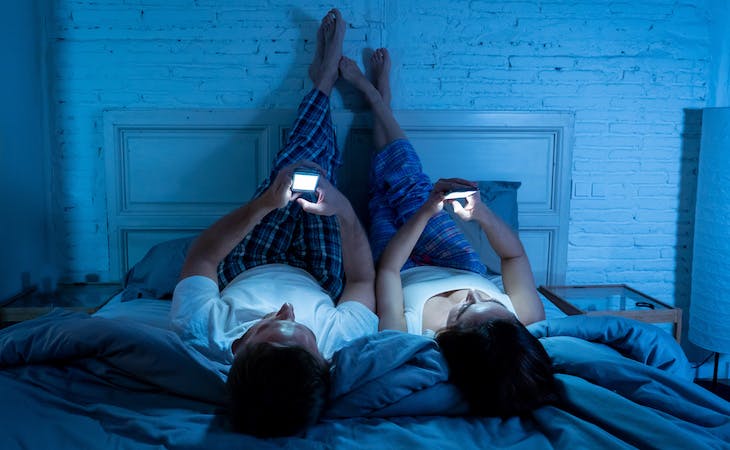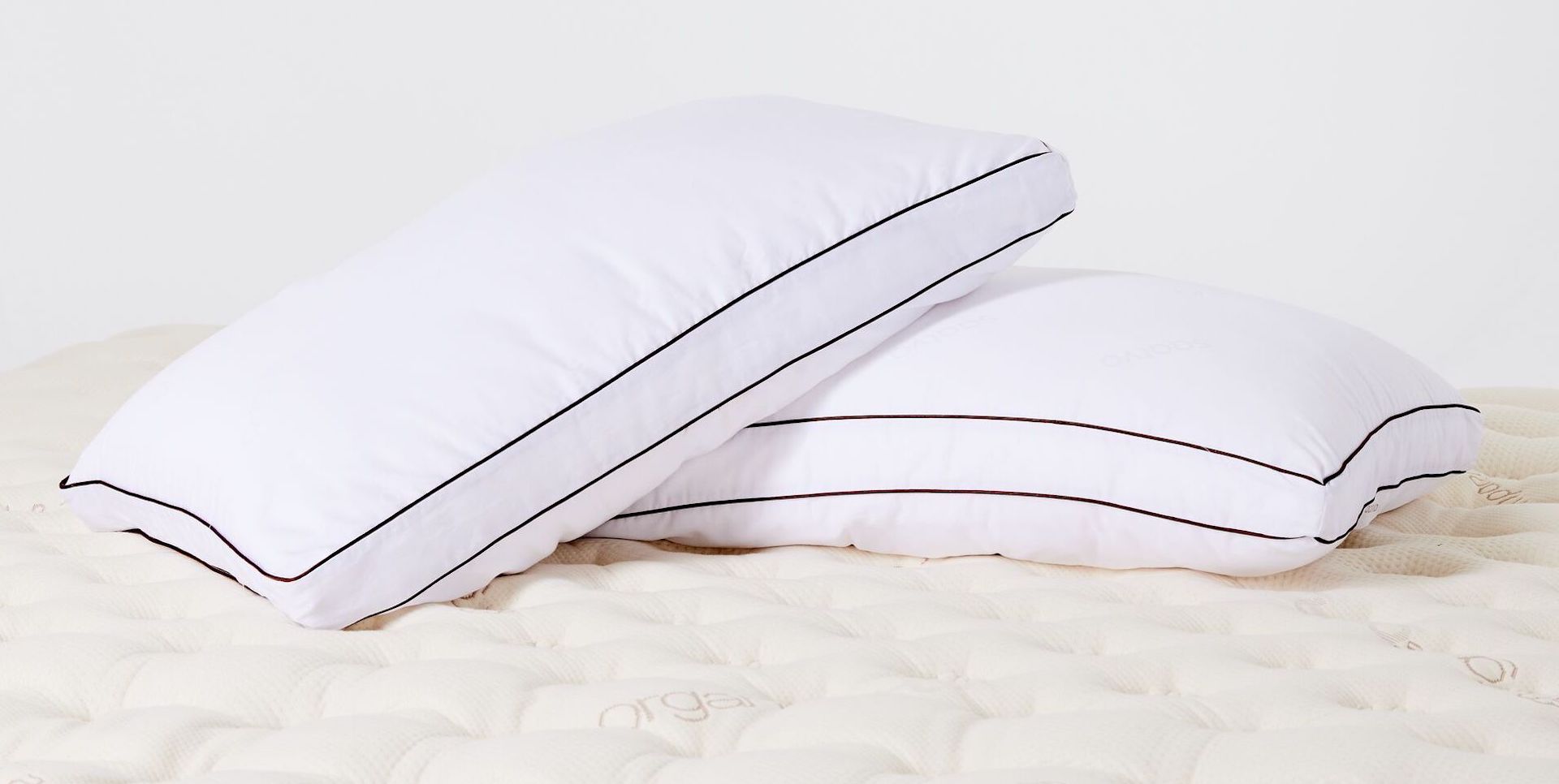Sleep offers numerous benefits, including lower risk for disease, a more robust immune system, reduced stress, and better focus. Unfortunately, due to several factors, many of us aren’t getting the sleep we need.
The Centers for Disease Control and Prevention recommends a minimum of seven hours of sleep per night for adults, but many people sleep much less. And tossing and turning with multiple wake-ups can leave you exhausted.
When you find yourself waking up at 2 a.m. for the fifth night in a row, you might feel hopeless about ever getting a full night’s sleep again. Fortunately, there are a few useful strategies to combat those annoying disruptions to your sleep.
How to get back to sleep quickly
These eight tips can help you get back to sleep more quickly and improve your overall quality of life.
Get out of bed
If you’re waking up frequently and can’t make your way back to dreamland, it might seem counterintuitive to leave your cozy bed. But by staying in your bed too long and fighting wakefulness, you’ll just make yourself more frustrated.
If you’ve been lying awake for 20 or 30 minutes trying to fall back asleep, don’t keep torturing yourself. Get out of bed and change your location. Go to the living room or someplace else where you can find a comfortable chair and do something relaxing.
Be sure to avoid overly stimulating activities like heavy exercise or watching TV. Some better options are to read a book (preferably a “real” book, not on a device that emits blue light) or listen to calming music. Getting out of bed, yet staying in a relaxed state, can help you reset your thoughts so that soon you’ll be exhausted and ready to sleep.
Avoid bright lights
Up in the middle of the night? Don’t turn on every light in the house when you get out of bed. Keep your environment dimly lit. If you go to the bathroom, use just a night light. If you’re reading a book, sit next to enough light to see your book and protect your eyes.
The blue light from your cell phone is another thing to avoid. Yes, many people use their phones as a clock, but even looking at a cell phone screen for a few seconds can mess with your ability to get back to sleep. And you definitely want to avoid turning on your laptop if you hope to go back to sleep.
Don’t look at the clock
Your cell phone clock isn’t the only thing you should avoid during those pesky wake-ups in the night. Rolling over to stare at the time on your alarm or wall clock can cause excessive stress. You may begin to check the clock obsessively, noting how many minutes have passed each time you look.
These conversations with yourself won’t help you fall asleep. When you think, “Now I have to get up in five hours,” and later, “Now I have to get up in four and a half hours,” you’ll likely grow more agitated with each glance. Try to ignore the clock altogether to fall asleep faster.
Do breathing exercises
When you’re fighting to fall asleep, you want fast results. One way to fall asleep as quickly as possible is to quit fighting and mindfully relax. Deep breathing can help slow your mind and body down to get back to sleep.
Deep breathing with the 4-7-8 technique may be helpful. Breathe in for a count of four, then hold your breath for a count of seven, then breathe out slowly over a count of eight. You might vary the number of seconds for each segment, but however you do it, focus on mindful breathing to relax.
Try yoga or progressive relaxation
Many people find completing a couple of yoga poses when they wake up in the middle of the night can help them return to sleep. Yoga exercises have specific purposes—such as releasing tension, improving circulation, and reducing stress—all of which can help you quit tossing and turning.
A wide-knee child’s pose, standing forward bend, and reclining bound angle are a few yoga poses that could help usher you back into deep sleep.
Progressive muscle relaxation is another technique that might help. It involves choosing a set of muscles to tense for a few seconds and then relax. Start with your lower body and gradually move through tension and relaxation for each area of muscles throughout your body.
Tips to observe throughout the day
The next few suggestions aren’t strategies to use at the moment when you’re trying to sleep. Instead, they’re habits for your day that can impact your quality and length of sleep at night.
Limit caffeine and alcohol late in the day
Consuming both caffeine and alcohol too late in the afternoon can interfere with your sleep quality. Half of the caffeine you consume is still in your bloodstream three to five hours after you drink a cup of coffee or soda, so cutting out caffeine at least six hours before bedtime can help you sleep better.
Although it can cause many people to feel drowsy and fall asleep quickly, alcohol interferes with your REM sleep cycles. Drinking alcohol near bedtime can lead to more fitful, disruptive sleep, so limiting that could improve your night.
Make your room a sleep haven
Making your bedroom the perfect place to sleep may help you stop waking up frequently. This can include adjusting the temperature at night, avoiding work or cell phone use in bed, and investing in the perfect pillows and bedding. Noise reduction is helpful too; try earplugs or a white-noise machine to block extra sounds.
Get more natural light
Your circadian rhythm is guided by how much you follow natural light throughout the day. Exposure to natural sunlight in the morning helps you wake up. Try to spend more time in outdoor lighting rather than holed up with fluorescent lights all day.
Bright morning lights can shift your sleep time earlier, meaning you become sleepy earlier at night and awaken earlier in the morning. Bright evening lights can move your sleep to later. Based on your required schedule, adjust your light exposure so you can fall asleep at the appropriate time.
Improve your sleep quality tonight
These tips should help improve the quality and length of your sleep. If you continue to struggle with falling asleep or you’re waking up frequently most nights, you should see your doctor for other solutions.







